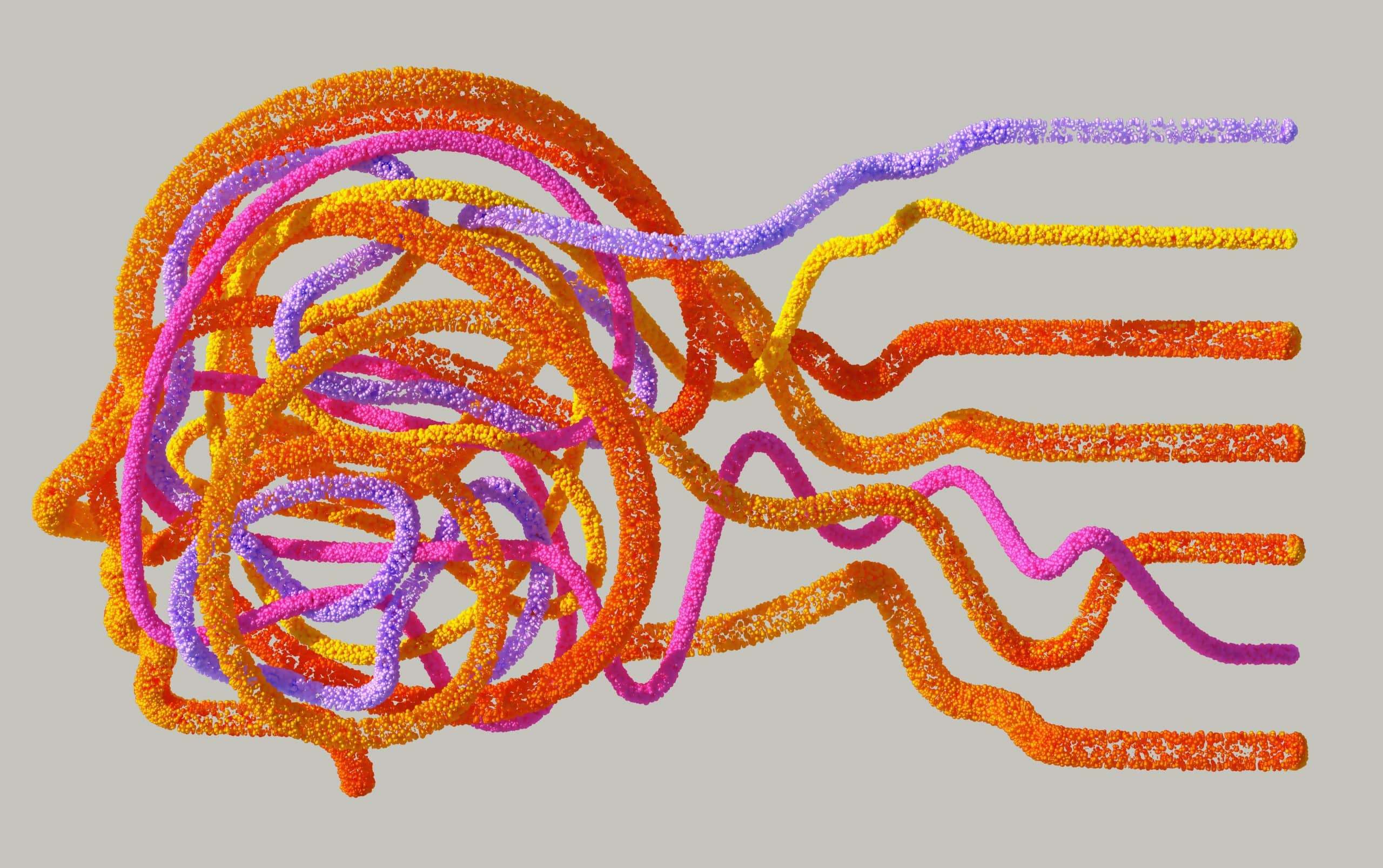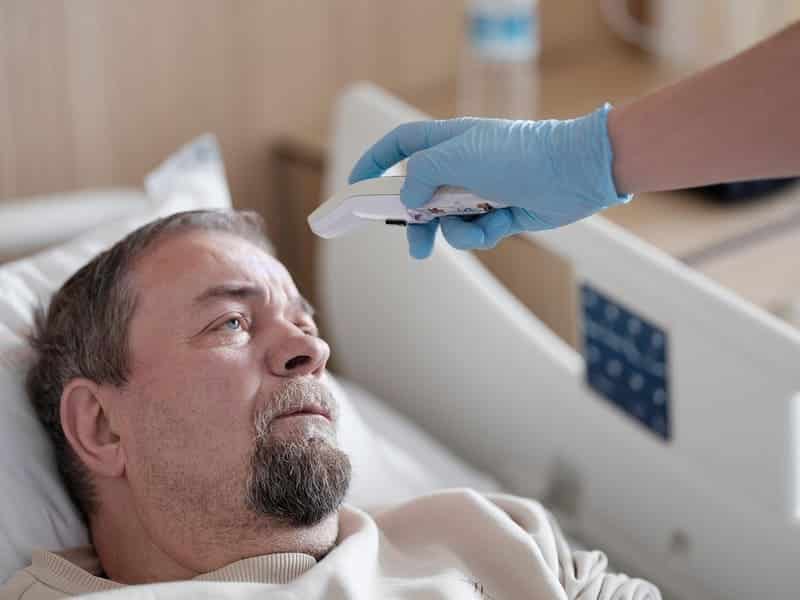Post-Traumatic Stress Disorder (PTSD) is a serious mental health condition. It occurs when people experience or witness a terrifying event. Individuals with PTSD may struggle with flashbacks, nightmares, fear, and anxiety. These symptoms can greatly affect daily life, relationships, and overall well-being. However, these symptoms can be managed through various coping techniques and resources. People can effectively regain a sense of control over their lives.
Understanding PTSD
Someone can develop PTSD after experiencing traumatic events. These events include natural disasters, military combat, accidents, assaults, or the death of a loved one. While everyone reacts to trauma differently, people with this condition experience persistent and intrusive symptoms. Some of them are:
- Negative Mood Changes: People with PTSD may feel hopeless and detached. They may also have negative thoughts about themselves and the world.
- Avoidance: It is normal for affected individuals to avoid people, activities, or places that remind them of the trauma.
- Intrusive Thoughts: They may have recurrent and unwanted memories of the traumatic event. These often come in the form of nightmares or flashbacks.
- Hyperarousal: People with this mental health condition are more sensitive. They are always on edge, get irritated easily, and struggle to concentrate or sleep.
Sadly, these symptoms can continue for months or years after the traumatic event. In the long term, it can lead to anxiety and depression, with many even attempting suicide.
Effective Coping Techniques for PTSD
To manage PTSD effectively, you need to incorporate both professional treatment and self-help strategies. Here are some proven effective techniques for coping with this condition:
Mindfulness, Relaxation, and Meditation Techniques
Mindfulness activities such as deep breathing, muscle relaxation, and meditation are great for managing PTSD. Mindfulness encourages people to focus on the present moment instead of being consumed by flashbacks. By practicing mindfulness, you can reduce hyperarousal symptoms. Focusing on the present can also promote relaxation and help you gain control over your emotions.
Physical Activity
Exercise naturally relieves stress. Physical activities like walking, running, bicycling, yoga, or swimming can reduce anxiety, boost mood, and improve sleep. These activities also release endorphins, the brain’s natural mood enhancers, helping to counteract negative emotions. Exercise is very important for anyone suffering from PTSD.
Build a Support Network
Having a strong support network is crucial in coping with PTSD. Interacting with people who understand what you’re going through can make a difference. This can include trusted friends, family members, support groups, or online communities. Sharing your feelings in a supportive environment can reduce feelings of isolation. You can also get practical advice from others who have gone through similar experiences.
Journaling for Emotional Release
Writing about your thoughts and feelings can help you process your trauma. Journaling allows you to express emotions in a safe and structured way. You can let out your feelings of tension, anxiety, and anger. Also, reflecting on your progress over time can provide valuable insight into your healing journey.
Explore Creative Outlets
Art, music, and other creative outlets can be therapeutic for people with PTSD. Expressing emotions through drawing, painting, or playing an instrument can help you release emotions that may be difficult to talk about. Creative expression also enables you to reconnect with a sense of purpose.
Resources for PTSD Recovery
In addition to coping techniques, resources are available to help manage PTSD symptoms. Some of them include:
Therapy and Counseling Services
Finding a licensed therapist who specializes in PTSD is important for recovery. Many therapists offer sessions online or in person to accommodate different needs.
Veterans Affairs Services
For military veterans, the U.S. Department of Veterans Affairs offers a wide range of services to help individuals cope with PTSD. They include therapy, support groups, and specialized PTSD treatment programs.
National Center for PTSD
The National Center for PTSD provides information, tools, and support for people with the condition. Their website offers various educational materials, self-help tools, and links to treatment options.
Crisis Hotlines
Crisis hotlines, run by trained professionals, provide immediate support for those experiencing severe distress. These Hotlines offer 24/7 support and can connect callers to local mental health services.
Conclusion
Coping with PTSD is a lifelong journey that requires patience. Individuals can regain control over their lives with the right techniques and resources. Whether through therapy, self-help strategies, or support network members, it is important to seek help. Most importantly, remain committed to the recovery process. You are not alone, and healing is possible.
Disclaimer: This article is intended simply to provide information. It does not replace the medical advice of a physician. Please speak with your doctor if you have any questions or concerns.










